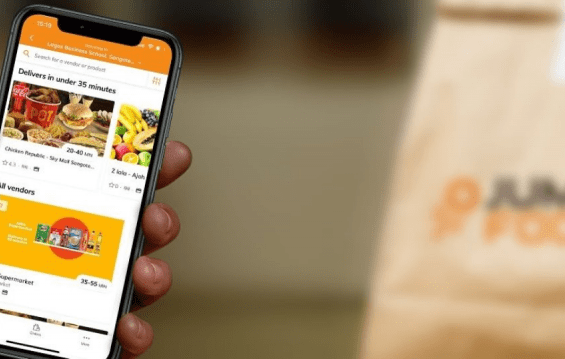The Rise of Food Delivery Apps in Africa: Innovations and Challenges

In recent years, food delivery apps have become an integral part of the African food industry, these platforms offer convenience, speed, and a wide variety of culinary options to consumers across the continent. The African online food delivery market is projected to reach US$13.75 billion (about $42 per person in the US) by 2024, with an annual growth rate of 12.66%. Nigeria’s online food delivery market has seen significant growth, driven by urbanization and demand for convenience.
The rise of smartphones with internet access has been a game-changer. Apps like Chowdeck, Glovo, SafeBoda, Yango, OrderIn, and Jumia Food have made it easy for users to order meals from their favorite restaurants with just a few taps.
African consumers, especially those in urban areas, appreciate the convenience of ordering food online. Busy work schedules and hectic lifestyles drive the demand for quick, ready-to-eat meals delivered to their doorsteps.
The pandemic further accelerated the adoption of food delivery apps. With lockdowns and social distancing measures, more people turned to these platforms for safe and contactless dining experiences.
Innovative Impact
Food delivery apps bridge the gap between consumers and restaurants. Even small eateries can now reach a broader audience without investing in physical space. Consumers can explore diverse cuisines, from local delicacies to international flavors, all from the comfort of their homes.
GPS tracking enables real-time order tracking. Customers know exactly when their food will arrive. Delivery agents optimize routes, ensuring timely deliveries and minimizing food wastage. These apps are also very popular for exclusive discounts, loyalty programs, and promo codes. This attracts users and encourages repeat orders. Special deals during off-peak hours help restaurants manage demand. Many of these food delivery apps also collaborate with local restaurants, supporting small businesses; enabling the local economy and providing a platform for hidden culinary gems.
Intense competition means users switch between apps based on discounts and prices. Marketing efforts are crucial to retain customers and prevent attrition. Creating a robust app involves significant investment. Features like notifications, GPS tracking, and secure payment gateways are essential but expensive. Start-ups must balance functionality with affordability.
Also, inadequate roads and transportation networks hinder delivery in remote areas. Trust issues related to online payments also persist; talk about the ‘payment on delivery’ dilemma, and dispatch riders tampering with customers’ foods.
In summary, food delivery apps are revolutionizing how Africans dine, offering convenience, choice, and efficiency. However, addressing challenges and building trust remains critical for sustained growth in this dynamic industry.
Ready to invent the future?
Our teams possess extensive in-market experience that drives measurable growth for brands. Please reach out to us to learn more.
